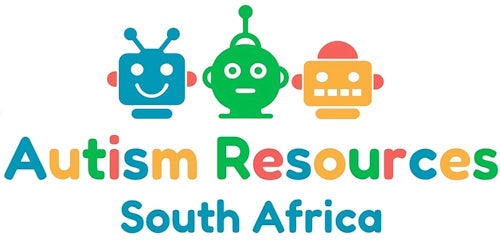After the Autism Diagnosis: What Should I Do?
Jaco de GoedeA friend’s child was recently diagnosed with autism and she reached out with some questions for me. “What would I do differently after getting the diagnosis that my son had autism, knowing what I know now?” And, “What did I recommend doing now that they had a diagnosis of autism for their child?” My sister then called to let me know my niece had just been officially diagnosed with autism, and asked, “What should she do?”
When my son was diagnosed with autism, I really didn’t know anyone with a child with autism. I didn’t know people with autism (or so I thought). It’s a very isolating and confusing place to be. This is one of the many reasons I share our autism journey. I don’t want any other family to feel that they are alone out there. I want them to know there is someone who they can ask questions of, someone who will do their best to help.
What would I have done differently?
I would have worried less about a lot of things. He couldn’t write at all at age five when he was diagnosed. His speech was still a work in progress. When doctors would ask if my son met his developmental milestones on time, I always reply “sort of.” He started learning to talk, walk, and everything else on time. He just took a lot longer (like years…) to finish honing those skills than other children.
Knowing that maturation happens at different times with different children, if I would have let myself believe that, I would have saved myself a lot of time grief. My son can write just fine now (albeit slow), he can talk and has a voluminous vocabulary, he can walk (albeit is still liable at times to walk into walls or stumble). His progress is slow but he does progress. (If I could just get current me, to listen to old me about not worrying as much…)
What would I recommend doing?
First, get on the wait list for ABA (applied behavior analysis) therapy ASAP. The wait lists are usually very long but this is the one therapy that is worth the wait and has helped the most when we could get it. In the meantime, occupational therapy (OT), physical therapy (PT), speech therapy, equine therapy, and aquatic therapy depending on your child’s needs are good places to start and can be helpful. Discuss these options with your pediatrician.
Second, take the time to grieve and process the diagnosis. Know that your significant other will likely process the news completely differently than you and in their own time. Give them the time and space to do that. Take time to spend time with and love on your child. This is still your child no matter what diagnosis the doctor throws at you. Your dreams for this child just might have to take a little bit of a course correction.
Third, take care of you. This is going to be a marathon, it is not a sprint. You need to conserve your energy. Taking care of you means not just indulging in your favorite treat (though I do recommend it on occasion), but taking your vitamins, finding time to for prayer or meditation, seeking ways to help you grow. This is what is going to help you survive the grueling days ahead of you. This is what is going to give you the strength to continue to fight on to help your child. If you don’t take time for this, you will crash and burn. Trust me, I’ve crashed and burned a few times. Slow and steady wins this race. You’ve got this.
Calleen Petersen says she’s an ordinary mom who has a child with autism, and a husband in law enforcement and the military. She spends her spare time advocating for special needs families. Calleen writes about her family’s life and her thoughts while residing in Washington State.
Website: www.anordinarymomweb.wordpress.com
Facebook: www.facebook.com/AnOrdinaryMom1
Email: lollielean@hotmail.com
YouTube: www.youtube.com/channel/UCHgwYXOj2mpQZkvP259mNUg?view=
Pinterest: www.pinterest.com/lollielean/pins
Twitter: An Ordinary Mom @CalleenPetersen
This article from Autism Parenting Magazine was featured in Issue 82 – Finding Peace This Season
